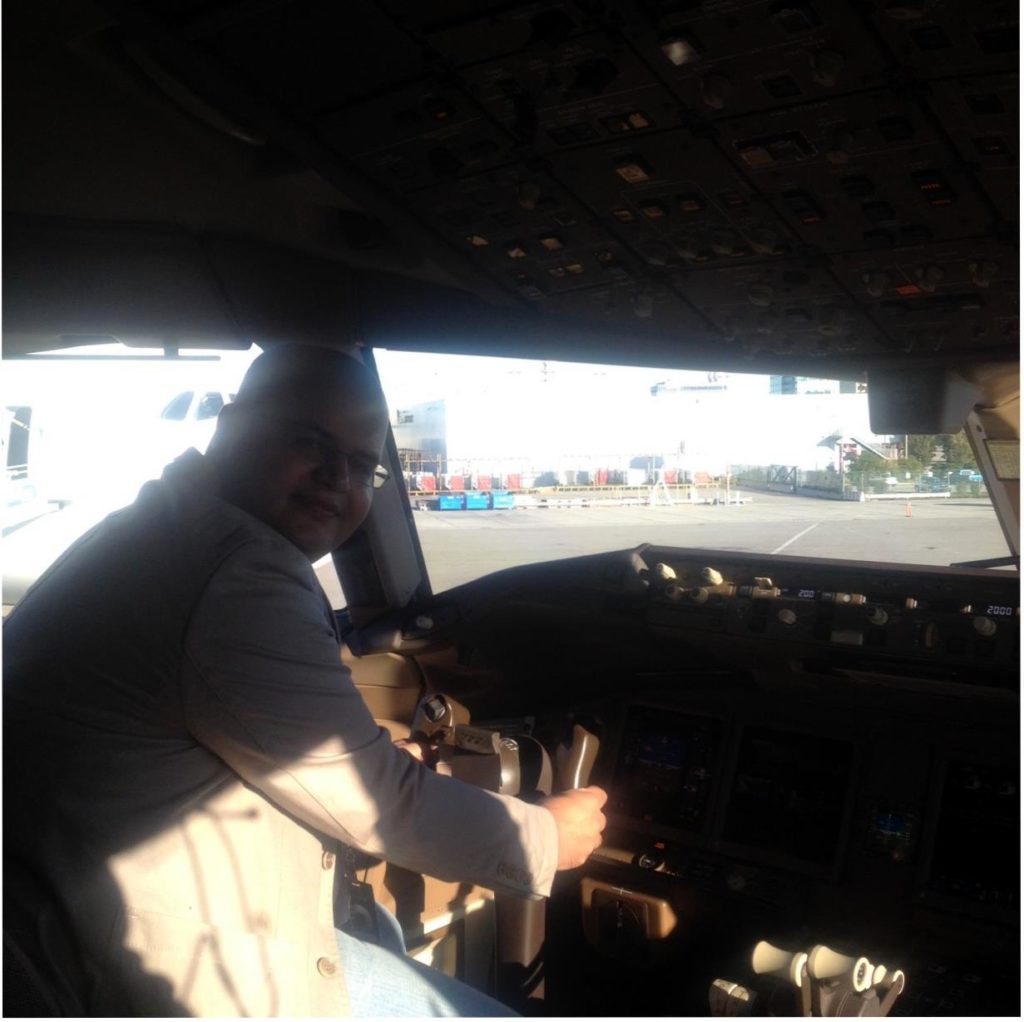The Indian Aviation Industry is a slugfest right now, with the old players trying to save whatever they can from the attack of the newcomers. Market Share, bottom line, whatever. Including pilots.
The Government of India yesterday figured out that Pilots were an essential service to operate planes, and under this hood, gave them a slam dunk for their choice of career. They notified that commanders had to give at least a 1-year notice period to the airlines, when they decide to move to another carrier. First Officers will continue with a 6-month notice period.
Earlier, a captain/commander/First officer would all be required to give a similar 6-month notice period to their earlier airline. Consequences of following the new rules would go as far as barring the license to fly temporarily or permanently, says the DGCA.
Unfortunately, this becomes a situation where a pilot becomes attached to an airline without any willingness to work there, which could be a recipe which both sides may not be happy with. Imagine being demotivated and turning up to work every day because you have to, and how this may affect a pilot’s focus on flying.
To ensure that airlines don’t get away with giving hell to pilots, the order also states:
In case an air transport undertaking (read airline) resorts to reduction in the salary/perks or otherwise alters the terms and conditions of the employment to the disadvantage of the employee pilot during the notice period, the pilot shall be free to make a request for his release before the expiry of the notice period and the air transport undertaking shall accept his request
Here is DGCA’s stance on why it did so…
It has been observed that pilots are resigning without providing any notice to the airlines. In some cases, even groups of pilots resign together without notice and as a result airlines are forced to cancel their flights at the last minute. Sometimes such an abrupt action is in the form of a concerted move, which is tantamount to holding the airline to ransom and leaving the travelling public stranded. This is a highly undesirable practice and goes against the public interest.
As per the airlines…on whose behalf the DGCA spoke,
It takes about eight to nine months to train a pilot to operate an aircraft used for airline operations, as he has to pass technical and performance examinations of the aircraft, undergo simulator & flying training and has to undertake ‘Skill Test’ to satisfy licence requirements before he is released to fly.
And to think about it, airlines such as Jet Airways do not even have utility for some of their crew right now, given they recently gave paycuts and voluntary time off to junior pilots in their crew. I’d have imagined they’d be happier to let them go over to another carrier and fly a plane.
The regulator had put out this discussion paper for comments, and out of the 281 comments they received, 99 percent, i.e., 278 did not ever want this proposal to be accepted.
Bottomline
To me this looks like the case of holding on Pilots hostage, and subjecting free markets to socialism yet again. The powers are loaded towards the airlines, and pilots really have no option but to keep serving at the pleasure of their masters now.
And, the regressive thinking here does not figure out how does this put our safety at stake by putting unhappy pilots on the stick/wheel? did the DGCA really not think about that?
To me, this looks targeted towards the newer airlines. Also, wouldn’t older hands such as Indigo and GoAir need more pilots as well with tonnes of planes coming in for them? We are just raising the bar for nothing I believe.
What do you think? Have you been inconvenienced recently because your pilot did not arrive on the flight?



I think if the pilots took DGCA to court under (fair) terms of employment, good chance courts will put DGCA back in place. 1 year is draconian.